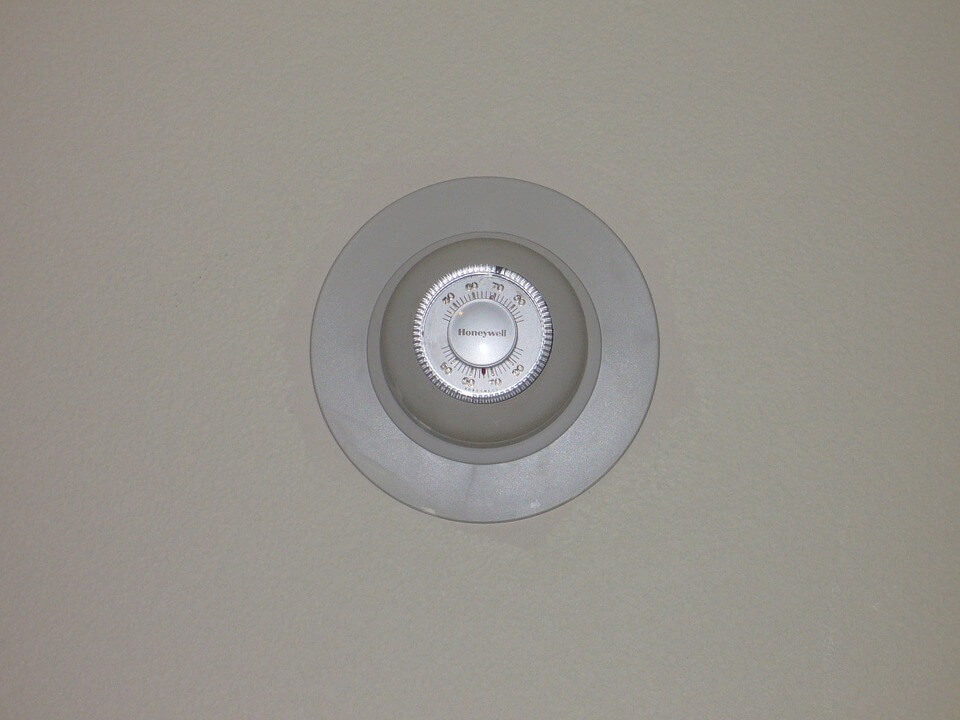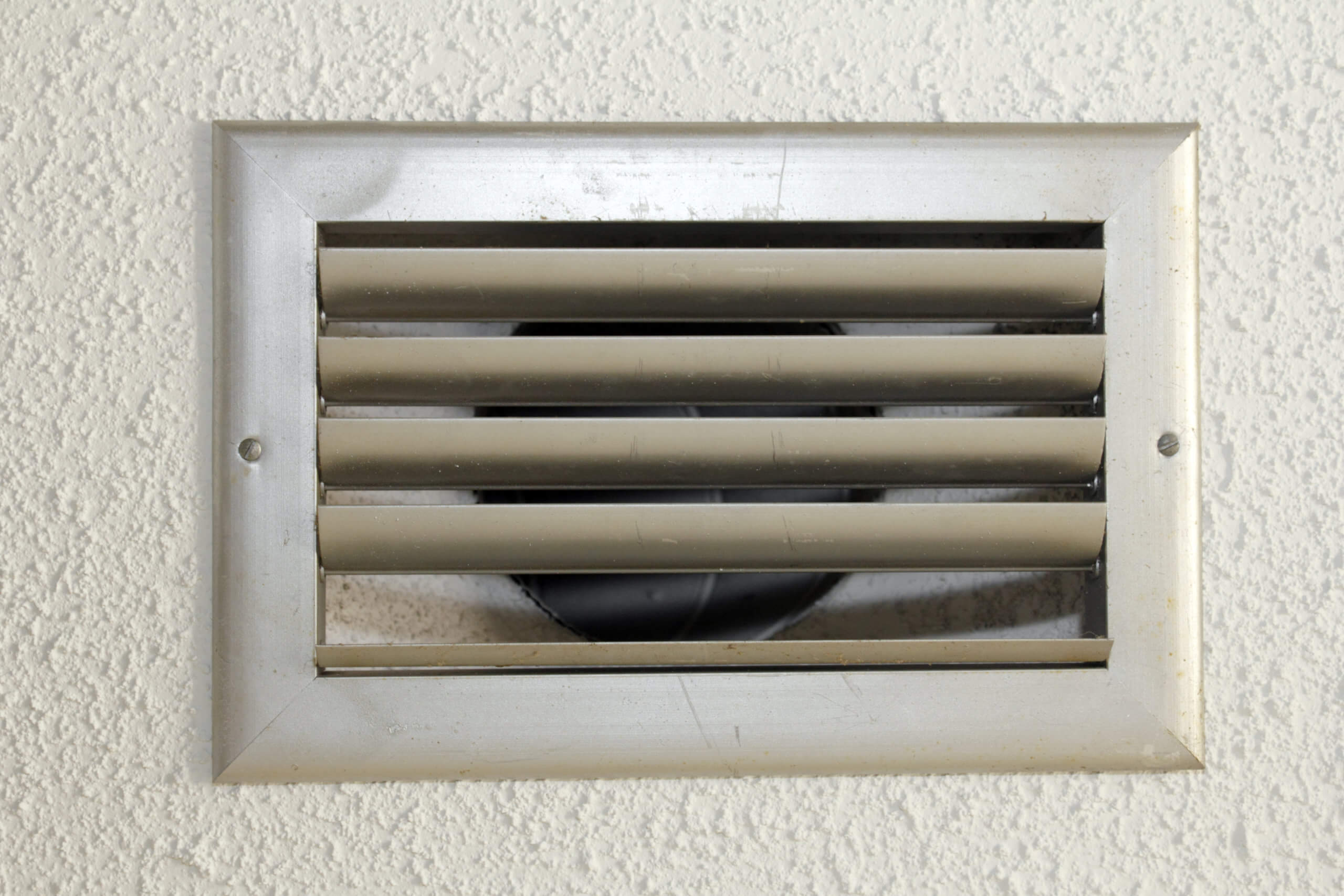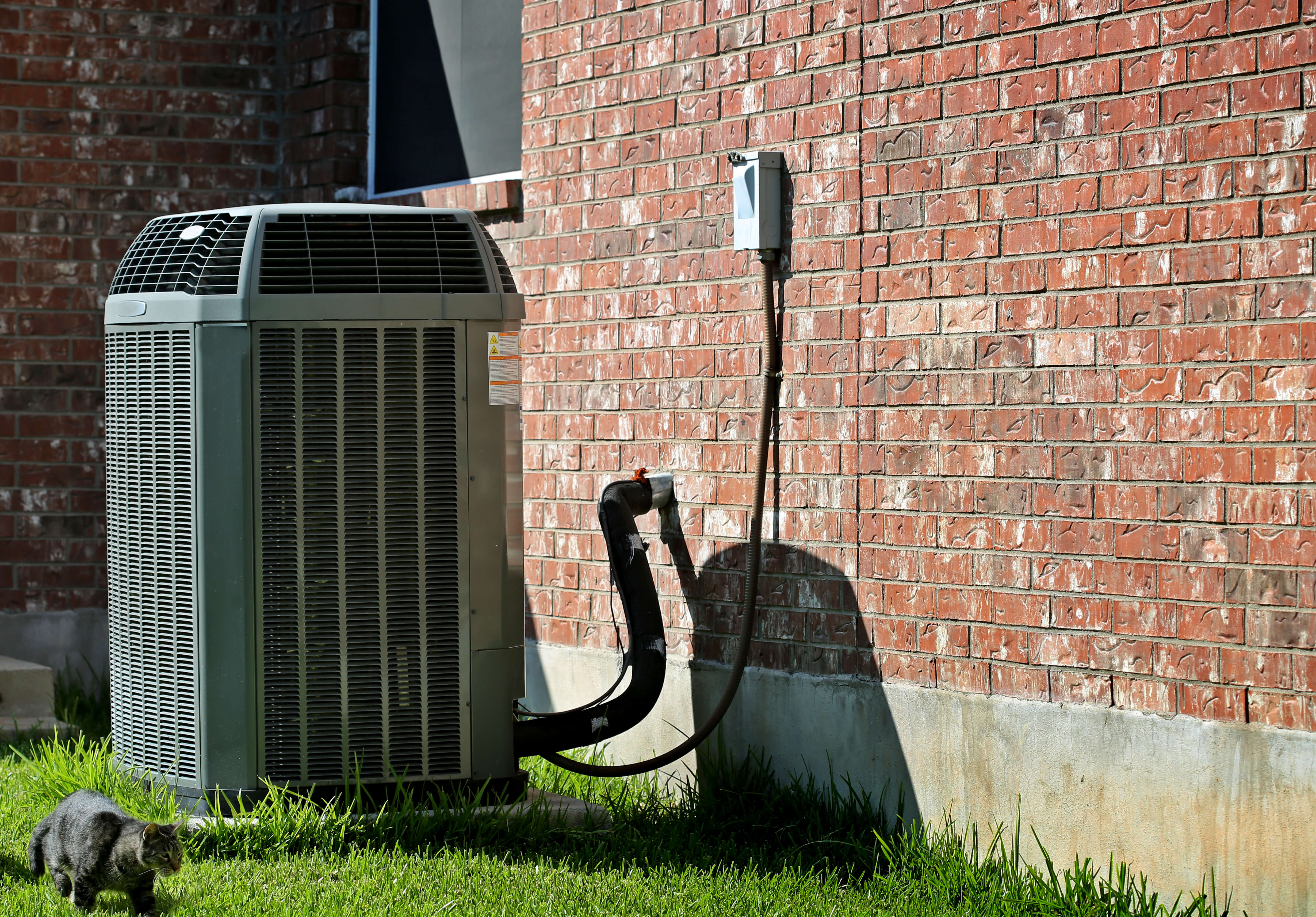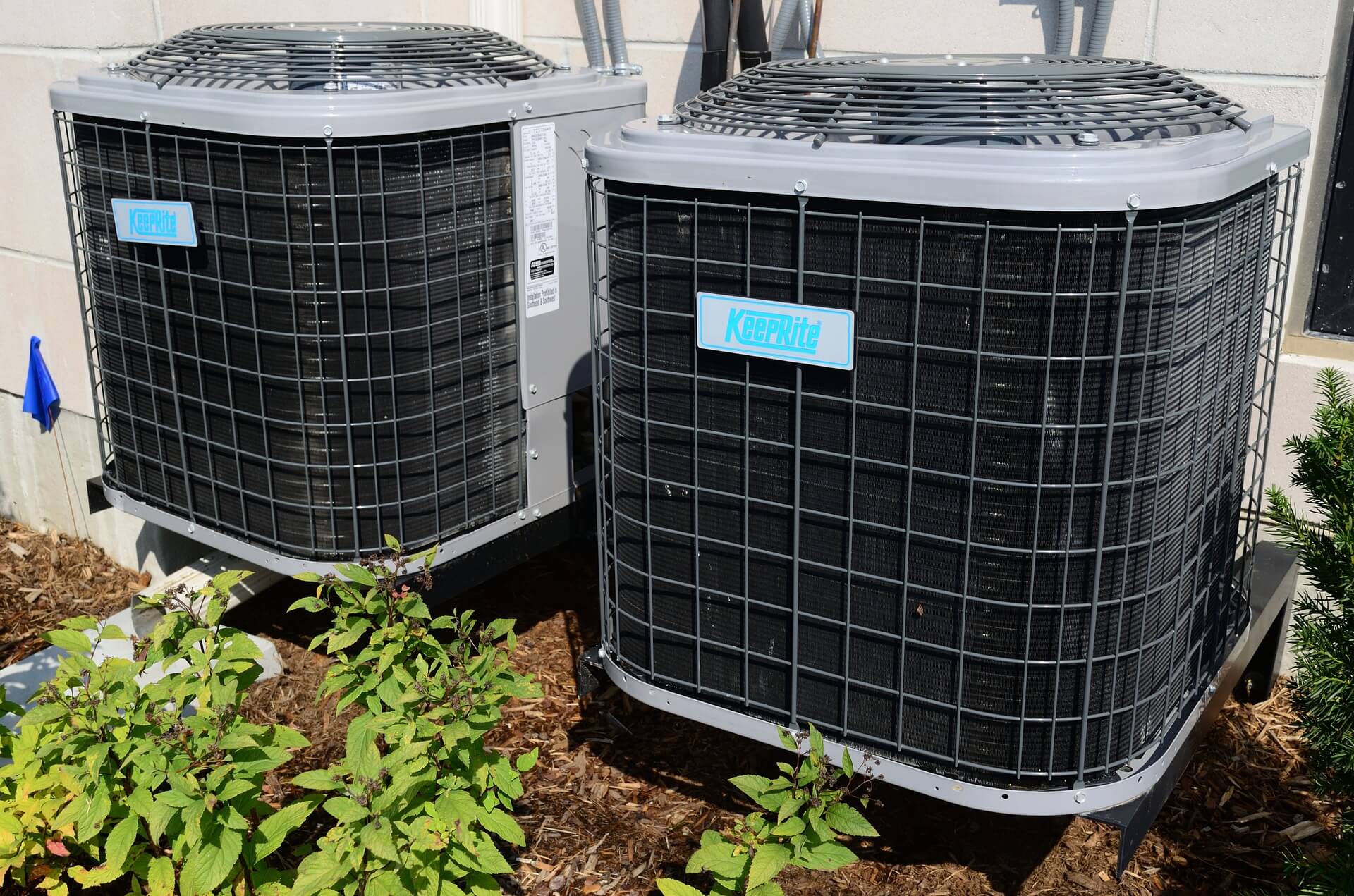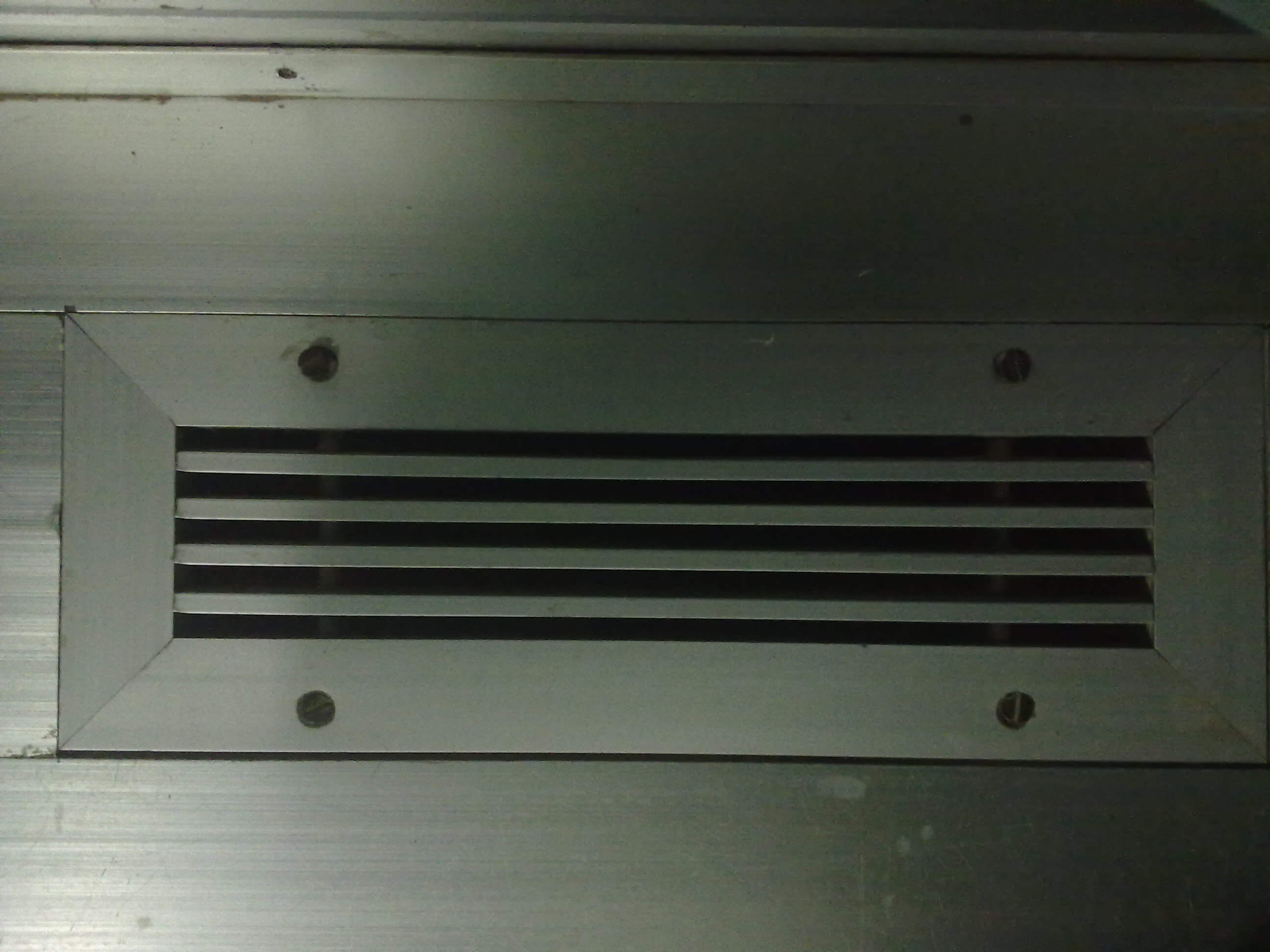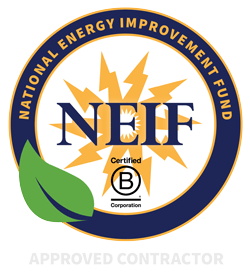Air Conditioners: What You Need to Know For This Cooling Season
- Cooling
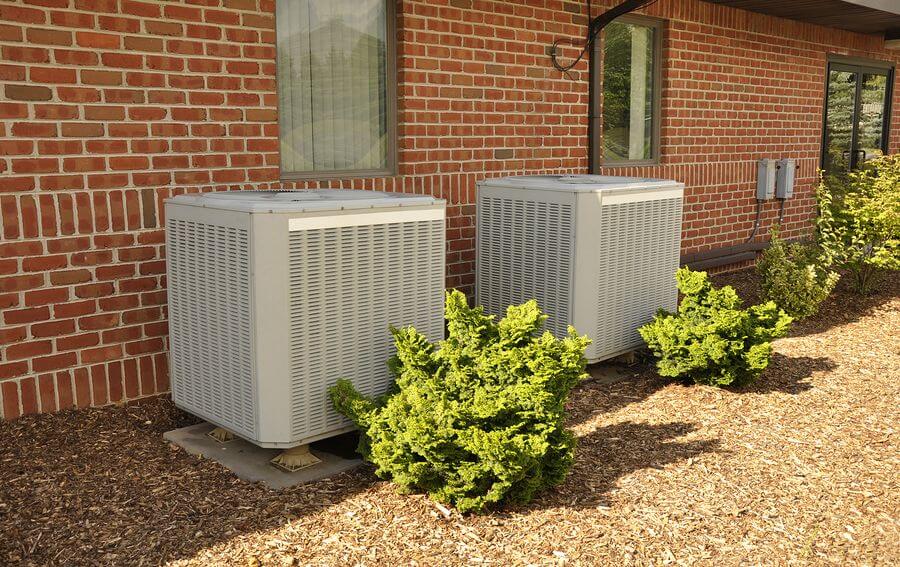
Air conditioners just blow cold air into your home, right? Actually, no. Cooling the air in your home is accomplished through a relatively complicated process that involves refrigerant fluid that shuttles heat back and forth between an outside compressor as it transforms from a liquid to a gas and back again. It takes quite a bit of electricity to perform this modern magic show of moving heat from a cooler place and back to a warmer place.
Types of Air Conditioning Systems
There are several different technology options involved with the process of cooling your home: central air conditioners and heat pumps, evaporative coolers, room air conditioners and ductless mini-split air conditioners.
- Central air conditioners and heat pumps are the most common form of systems, and unlike some of the other options they are often used to heat entire homes. They generally consist of a large compressor that is external to the home and drives the process and indoor refrigerant coils that distribute cool air throughout the home via ducts. Heat pumps work similarly, except they are also able to distribute warm air in the cooler winter months. Ducts throughout the home are utilized for distribution of both warm and cool air in concert with a fan system.
- Room air conditioners are mounted either on the walls, ceiling or through a window. These systems work in a similar fashion to central air conditioners, but compressors are located outside the home and the systems are generally built to control the temperature in a single room. These units are less expensive to purchase, but are potentially less efficient and have a higher daily running cost overall.
- Evaporative coolers, also known as swamp coolers, can be a practical alternative in certain parts of the country but are much less common than central air or room air conditioners. These unique systems operate by pulling fresh air through an evaporative system that involves moist pads and a whole-house circulation mechanism. While swamp coolers are only efficient in the drier areas of the country, they are very efficient and cost-effective to run and can reduce the temperature of your home by up to 30 degrees. The cost of purchase and installation is also lower as these systems are relatively simplistic. Evaporative coolers work most effectively in dry climates because the system works by putting moisture back into the air — something that isn’t as efficient in a wet climate.
- Ductless mini-split air conditioners are more popular outside the U.S., but are gaining prominence with homeowners who are updating a portion of their home or reworking an older addition that doesn’t have ductwork in place. They are similar to room air conditioners in that they are a zoned system, but the functionality is more similar to a conventional central air conditioning unit. When you’re using a ductless system, you also avoid the energy loss that is associated with a traditional system with ducts. You can also maintain overall cleaner air due to the lack of cracks and crevices in the ducts for dust, mold and other contaminants to hide.
- New technology options include the Night Breeze, which integrates a whole-house fan, indirect water heater and air conditioner in one unit as well as Thermal Energy Storage where energy is stored overnight in ice — ideal for climates where energy costs are high during peak usage times.
Warning Signs
Other than the obvious (it’s getting hot in here!) signs, there are multiple ways to determine that your system either needs maintenance or replacement. However, if you’re not as experienced with home maintenance and air conditioners, you may wonder if the problem is in your head or if it truly exists. Since air conditioners are used most heavily during the summer months, it’s important to get a tune-up before the heat of summer really kicks in. Qualified and licensed professionals perform a full system inspection to catch some standard problems that can occur. A check up generally includes:
- Performance test of the full system
- Visual review of all air conditioner components
- Tests to determine the state of the refrigerant charge and overall system control testing
- The use of an approved leak detector to perform a leak test
- If slow leaks are suspected, your professional may perform a dye detection test
How can you tell that your system is not functioning as it should? Here’s a few things to look out for:
- Air is not flowing as easily as it should be. If you’re seeing poor air flow through your vents, it’s probably time to call a professional.
- Zone issues — where part of your home is comfortable and another part is too hot or cool — are a good sign that there may be something wrong with your thermostat.
- Excess moisture where it doesn’t belong can also be an indicator that it’s time to call a professional.
- Foul odors coming from your air conditioning unit are never a good sign. Mold can grow in wet, dark spaces and an air conditioning unit certainly fits those parameters.
- Squeaking or squealing sounds coming from your air conditioning unit may indicate that a belt has slipped. This generally requires professional assistance to resolve.
- Of course, if you find that your home is heating up unexpectedly, or the air conditioner is cycling (turning on and off quickly), you should have your unit checked out.
With careful use and a solid maintenance schedule, nearly all types of air conditioning units will last upwards of 15 to 20 years. Your system should receive maintenance at least once a year in the spring, before it’s heavily used in the summer heat. This ensures that you’re catching any small problems such as leaks quickly and before they have a large impact on the functioning of your system. The cost of not performing regular maintenance could be decreased system efficiency or even having a system that freezes up or sustains serious damage from broken items such as motor bearings.
For More Information on Air Conditioners of All Shapes and Sizes, Call NSHEC Today!
Contact North Shore Home Energy Today!
Check Out Our Current Specials!
Read The Great Things That Your Neighbors Are Saying About NSHEC.

